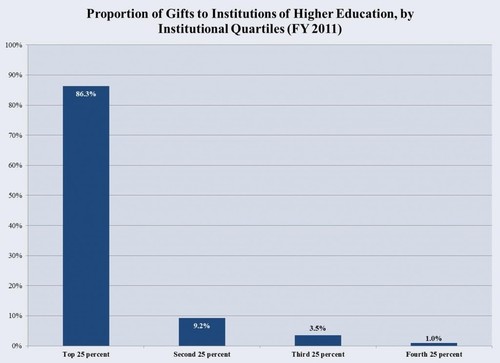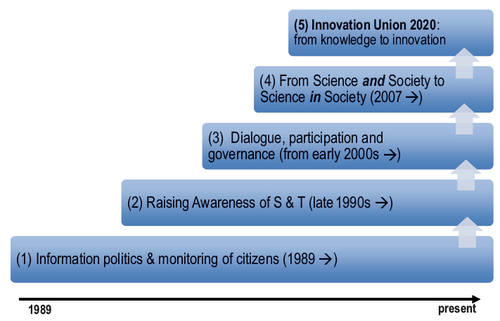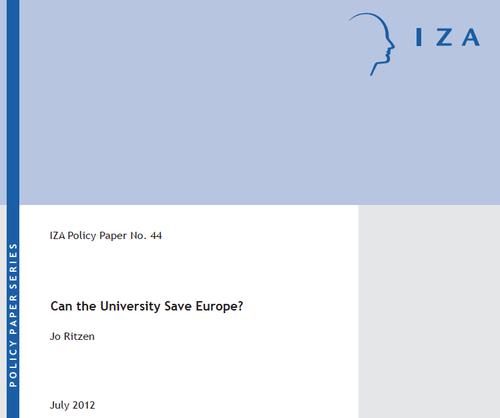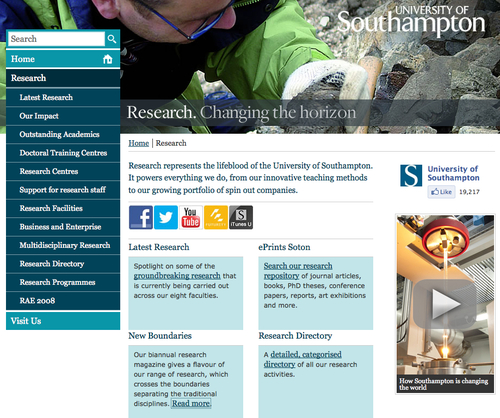Rigour, Relevance and Reward: Introducing the Knowledge Translation Value-chain
July 26, 2012 Leave a comment
See on Scoop.it – Dual impact of research; towards the impactelligent university
Abstract:
This paper recognizes the substantive contributions made within the British Journal of Management to conducting research relevant to management at the level of individual studies. We aim to reorient the debate to take account of a researcher’s contribution to practice over time and, by so doing, to indicate the range of ways knowledge can be translated and (through engagement with users and policymakers) modified, embedded and otherwise found useful. To achieve this, we conceptualize management scholarship as a knowledge translation value-chain. We propose that, to maximize relevance, knowledge must be reconfigured in multiple contexts, of which management research provides but one. The paper concludes with observations on the additional skills that researchers might need to make use of opportunities for engagement right across the knowledge translation value-chain.
Source:
Rigour, Relevance and Reward: Introducing the Knowledge Translation Value-chain
Richard Thorpe1,Colin Eden2,John Bessant3,Paul Ellwood1
DOI: 10.1111/j.1467-8551.2011.00760.x
British Journal of Management
Special Issue: British Academy of Management’s 25th Celebration Special Issue: Guest Editors: Peter McKiernan and David Wilson
Volume 22, Issue 3, pages 420–431, September 2011
See on onlinelibrary.wiley.com










